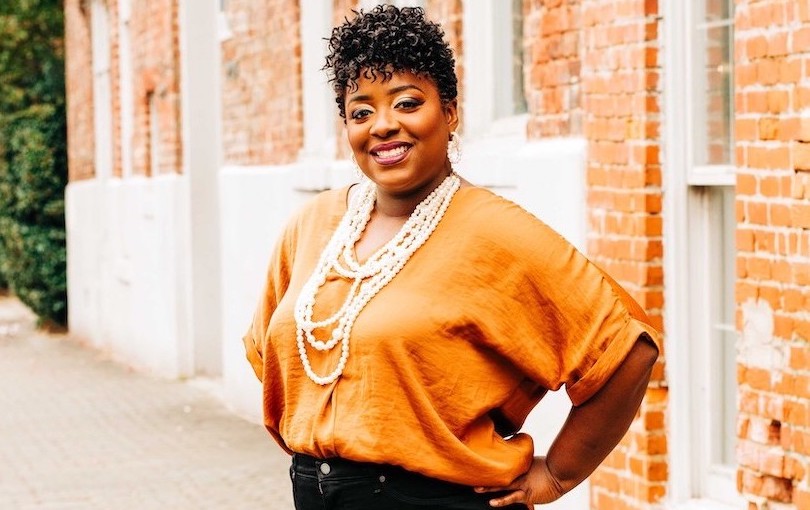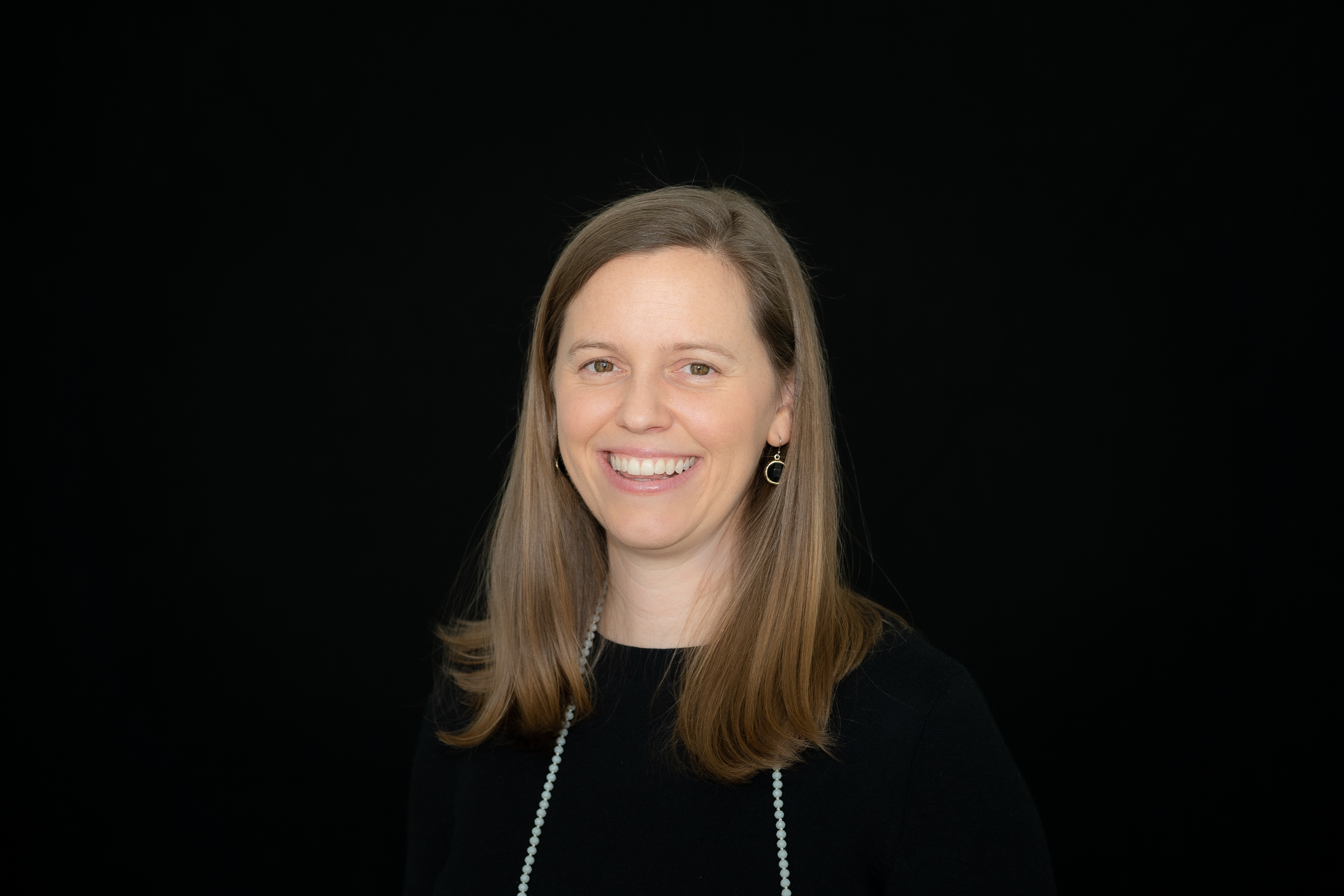LaShana Sorrell on Storytelling and Branding
By Amy Jacques
April 2021
Name: LaShana Sorrell
Title: Director of Brand Engagement, Vulcan Park & Museum
Location: Birmingham, Ala.
Job highlights: Spokesperson for Hattiesburg Police Dept, Social Marketing/Cultural and Linguistic Competence Coordinator at Pine Belt Mental Healthcare Resources, District Marketing Manager with ARAMARK Higher Education, Girl Scout Troop Leader and Certified Nonprofit Professional from Nonprofit Leadership Alliance
Favorite downtime activity: I am a huge foodie so I love discovering local restaurants.
Any dinner guests: Michelle and Barack Obama, Maya Angelou and my grandmother
Favorite books: I love to read. My four favorite books are “Waiting for Godot” by Samuel Beckett, “The Brand Gap” by Marty Neumeier, “Becoming” by Michelle Obama and “Why Not Win?” by Larry Thornton.
Tell us about Vulcan Park & Museum and your work there.
Vulcan Park & Museum is home to the world’s largest cast-iron statue and is the city symbol of Birmingham, Ala., reflecting its roots in the iron and steel industry. Vulcan, the Roman god of the fire and forge, is made of 100,000 pounds of local iron and stands 56 feet tall atop Red Mountain overlooking the city.
Considered one of the most memorable works of civic art in the United States, it was designed by Italian artist Giuseppe Moretti in 1904 as Birmingham’s entry into the World’s Fair to demonstrate the rich resources and capabilities of the region. Since the 1930s, Vulcan has been at its current location. In addition, there is a comprehensive history center that tells the story of Vulcan and Birmingham’s history, a premier event venue for private events and a beautiful public park for all to enjoy. We have over 170,000 visitors from around the world yearly.
As director of brand engagement, I am responsible for creating strategies to further tell Vulcan’s and Birmingham’s history. I look for opportunities for strategic partnerships with the community and organizations. This could be through events or programming. I am the keeper of Vulcan’s brand and responsible for his proper use.
What are some best practices for engaging an audience? And how have you stayed in touch with the local community and visitors during the pandemic?
Vulcan has always been supported by the local community so, for us, it is a matter of staying connected and relevant. We do this throughout community events, seasonal exhibits on Birmingham’s history, field trips and our Vulcans on Parade program. Social media has been a huge driving force for us during these times. Our social media manager is constantly engaging with our audience through campaigns or with local influencers.
At the onset of the pandemic, we had to close our museum and observation tower but we still wanted to be able to provide a place of solace by keeping the park grounds open at no cost to the community. We created an online version of our museum store to engage audiences from home. We also have a substantial email database and use email newsletters to keep the community abreast of what’s happening atop Red Mountain.
Being the symbol of this great city has given us some amazing friends and, through media relations, we have been able to continue to share Vulcan’s story and message. For example, our NBC-affiliate station created a local PSA about wearing masks and included an animated version of Vulcan.
What are some key tenets of storytelling, and how do you think PR pros can best make a meaningful connection with audiences?
To be a good storyteller, you need to be authentic in your story. It may not always be the prettiest picture, but it’s accurate. We are living in an age where it is easy to fact-check and challenge statements made by organizations, and we must be transparent in communication.
You also need to listen to your community and make sure the story you are telling is what they need to hear. Being at VPM for the last three years, I have learned so much about the city and our community — stories of first dates, proposals, favorite concerts, etc. The community stories have been the best by far and make it easy to share Vulcan’s story.
You recently shared your thoughts with Strategies & Tactics on how communicators can take action and advance equality within organizations. Can you tell us more?
There are so many factors that I could share to discuss equality within organizations, but one thing is to make sure that everyone has a seat at the table. Take a moment to look at your community. If your board, leadership, organization or vendors do not reflect your entire community, then that is where you should begin. Change happens first internally then externally.
After that, you can truly speak with an authentic heart. It’s like losing weight. You can exercise all day but, until you combine that exercise with a change in your daily diet, you will not see the physical changes. If you can honestly say that your organization reflects your entire community, then you can move to the next step and that is creating your brand.
This year, you are secretary/asst. treasurer for the Alabama Chapter, and last year you served as D&I co-chair. What subjects are top of mind for your Chapter and the profession right now?
What is staying at the top of my mind now is: How do we integrate technology into our communication plans? I think that figuring out how we do that is the key to staying relevant for the next generation — be it podcasts, videos, email marketing, social media, SEO/SEM. How we choose to stay connected will solidify our presence for years to come.
What advice do you have for PR’s next generation?
My advice is to become a lifelong learner. It is easy to become complacent but, as practitioners, we are challenged with being in-the-know of trends and integrating those trends into our daily work. Fifteen years ago, when I graduated from college, we were not talking about creating TikTok accounts for business or getting your message seen inside streaming devices.
Continue to sharpen your skills and be willing to make yourself uncomfortable to better yourself. Also, please do not forget about traditional tactics — they still work.



